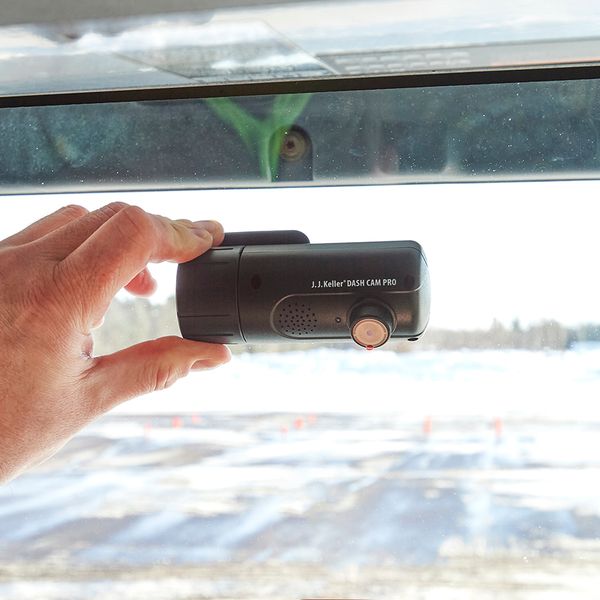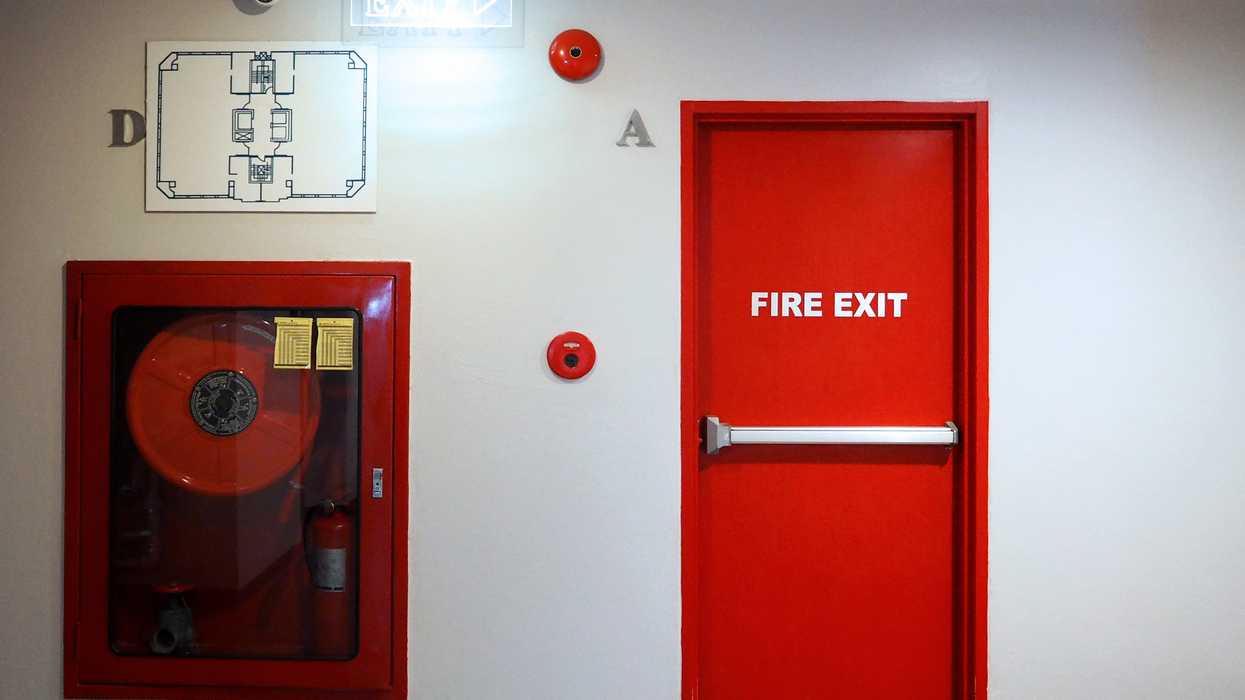Will your recording policy pass muster under the NLRB’s new standard?
The National Labor Relations Board (NLRB) adopted a new employee-friendly standard for determining the legality of work rules in its Stericycle Inc. decision on August 2.
Employers may be wondering if, in the light of that decision, is it acceptable to have a policy prohibiting recording in the workplace?
The board’s ruling, in a nutshell, presumes an employment policy to be unlawful if the policy could be reasonably interpreted to chill employee rights under the National Labor Relations Act (NLRA).
The National Labor Relations Act (NLRA) protects employees who work together to try to improve working conditions. It applies to almost every private sector workplace in the U.S. by providing employees the right to engage in certain activities, called concerted activity, without fear of being disciplined or terminated. The NLRB is the federal agency that enforces the NLRA.
What the NLRB said
The NLRB has suggested that because of its new standard, employers should review their handbooks and workplace policies for compliance with the Stericycle ruling. This review should consider workplace rules from the “the perspective of an employee who is subject to the rule and economically dependent on the employer, and who also contemplates engaging in protected concerted activity.”
One common workplace policy that employers should pay special attention to is their recording policy.
What to look for in a recording policy
Employers may have a no-recording policy but should be careful to ensure that it does not infringe on an employee’s protected rights.
A no-recording policy should be written in a neutral manner, and the employer’s reasons for implementing the policy must outweigh any potential interference with NLRA rights.
Valid justifications for implementing a no-recording policy could include:
- The protection of trade secrets,
- Protection of customer information,
- Customer privacy, or
- Security concerns.
Protected recordings include those intended to:
- Document evidence for use in a future proceeding,
- Police collective bargaining agreements, or
- Document meetings regarding unionization.
Employers should keep in mind that employees have free reign to record potential violations of the NLRA to protect their federally guaranteed rights.
What about state laws?
State laws regarding recording in the workplace are outweighed by the NLRA . In other words, state laws do not matter if a recording is made to protect employees’ rights under the NLRA. That does not mean employers’ hands are tied, however.
For example, federal law requires health care facilities to keep patients’ personal health information confidential. An anti-recording policy in this situation may prevent employees from recording some conversations – like a meeting where a patient’s condition was discussed. But an anti-recording policy might still be found lawful if it does not prohibit protected conversations altogether. Therefore, a termination meeting involving an employee of the facility that does not include a discussion about confidential patient information could be recordable.
It is also important to note that employers do have the right to warn employees of the consequences of violations to lawful no-recording policies. However, employers don’t have the right to give a warning if the purpose of the recording is documenting an NLRA protected activity.
Key to remember: To be considered lawful, a no-recording policy must yield to the protection of employee rights. This means regardless of the employer’s policy or otherwise applicable state law, employees may record conversations or conduct that is potentially in violation of the NLRA and will not be in breach of the law if the purpose of the recording is to capture such conduct. Even a lawful no-recording policy cannot be unlawfully applied.
























































